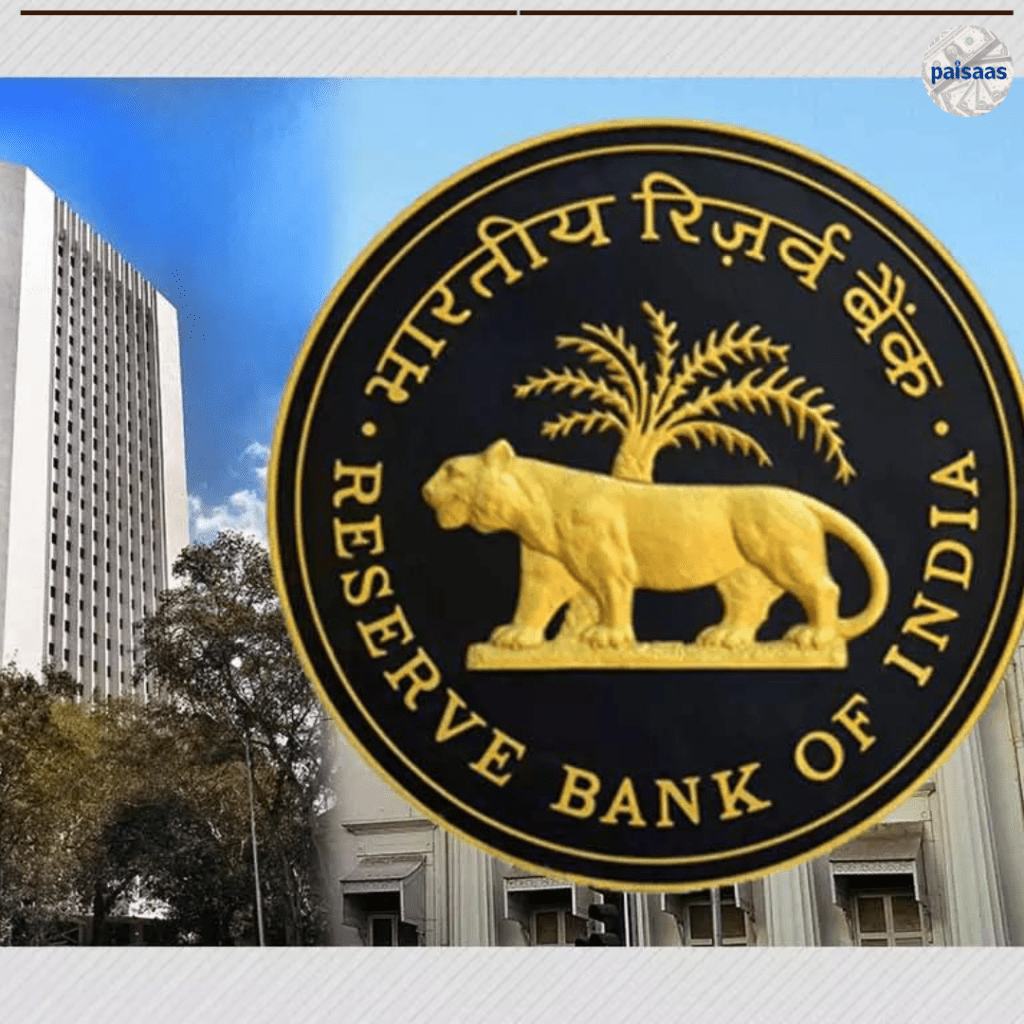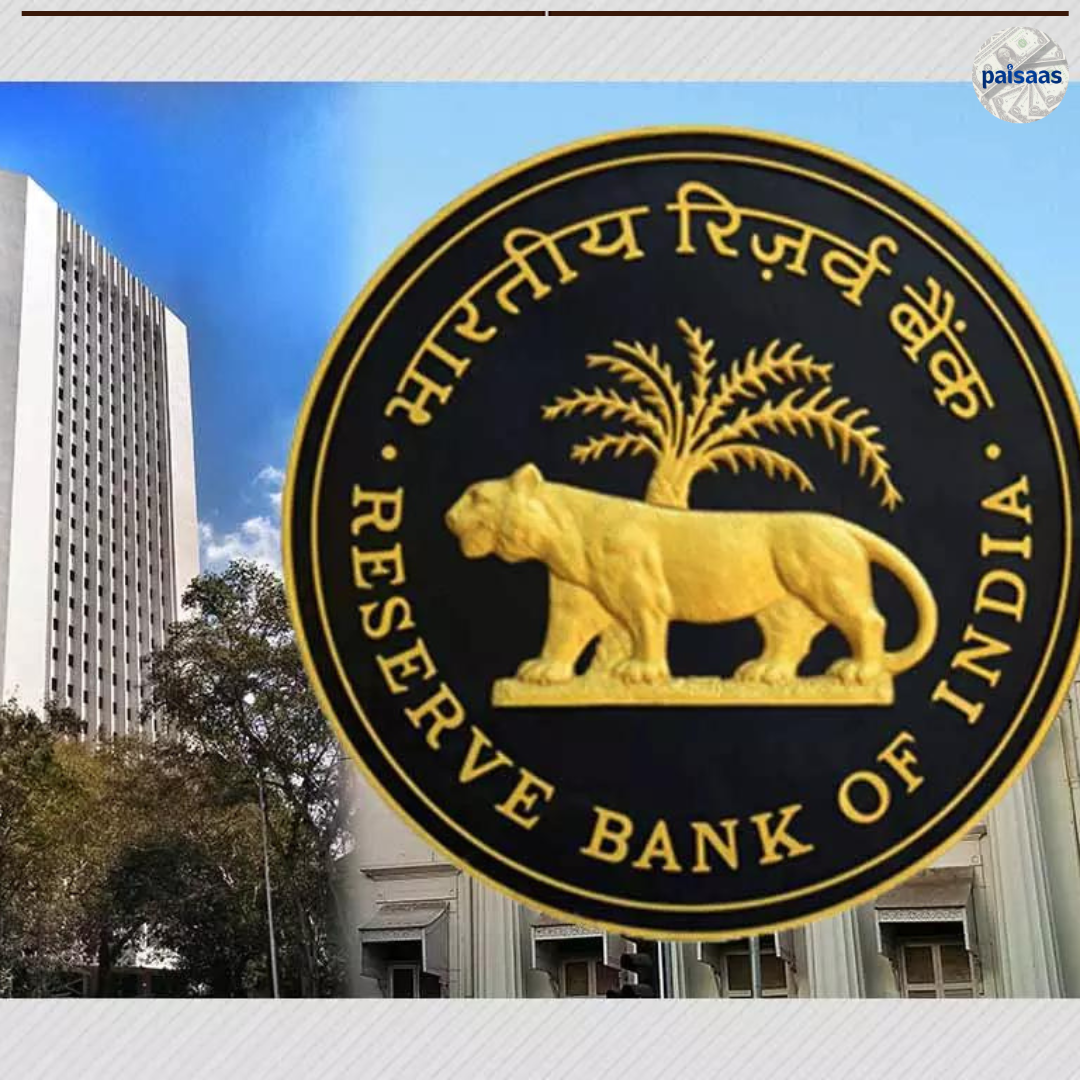

Safeguarding Financial Stability: RBI’s Financial System Regulation
Safeguarding Financial Stability: RBI’s Financial System Regulation
Introduction
The Reserve Bank of India (RBI) serves as the guardian of financial stability in India, playing a pivotal role in regulating and supervising the country’s financial system. This article examines the significant responsibilities and regulatory functions undertaken by the RBI to safeguard the integrity of the financial sector and foster sustainable economic growth.
- Monetary Policy: At the core of the RBI’s mandate is the formulation and implementation of monetary policy. Its objective is to ensure price stability and control inflation within a targeted range. By setting key policy rates, such as the repo rate and the reverse repo rate, the RBI influences borrowing costs, money supply, and overall economic activity.
- Banking Regulation and Supervision: The RBI serves as the principal regulator and supervisor of banks in India, diligently overseeing the soundness and stability of the banking system. It issues licenses to banks, establishes prudential norms, and monitors compliance with regulations. Regular inspections and audits are conducted to assess the financial health of banks, enabling the RBI to take corrective actions, such as imposing penalties or initiating restructuring measures, when necessary.
- Foreign Exchange Management: Effective regulation and management of foreign exchange transactions in India fall under the purview of the RBI. It formulates policies to maintain the stability of the Indian rupee, manages foreign exchange reserves, and facilitates smooth cross-border trade and capital flows while safeguarding the country’s external stability.
- Financial Market Regulation: The RBI exercises regulatory oversight and supervision over various segments of the financial market, including money markets, government securities markets, and payment systems. It formulates rules and guidelines to ensure fair and transparent market practices, monitors systemic risks, and promotes the efficiency and integrity of financial market operations.
- Financial Stability and Risk Management: Safeguarding financial stability is a paramount responsibility of the RBI. It identifies and mitigates risks within the financial system, evaluating and monitoring systemic risks such as credit risks, liquidity risks, and market risks. Through proactive measures, the RBI seeks to prevent disruptions that could potentially jeopardize the overall stability of the financial system.
- Consumer Protection: The RBI places significant emphasis on consumer protection within the financial sector. It formulates regulations and guidelines to foster fair and transparent practices by financial institutions, strengthens customer grievance redressal mechanisms, and promotes financial literacy and awareness among the general public.
- Developmental Functions: In addition to its regulatory role, the RBI actively contributes to the developmental aspects of the financial sector. It undertakes initiatives to promote financial inclusion, stimulate innovation, and support the growth of the financial ecosystem. The RBI facilitates financial access, encourages digital payments and technology-driven innovations, and invests in enhancing the financial infrastructure across the country.
Conclusion
The Reserve Bank of India assumes a pivotal role in regulating and supervising the financial system, ensuring its stability, integrity, and efficiency. Through its monetary policy decisions, banking regulation, foreign exchange management, financial market supervision, risk management practices, consumer protection measures, and developmental initiatives, the RBI fosters a robust financial sector that supports sustainable economic growth and safeguards the interests of consumers. The RBI’s ongoing efforts are crucial in instilling confidence and trust in the financial system while adapting to the evolving dynamics of the global financial landscape. By upholding its responsibilities, the RBI continues to be the steadfast custodian of financial stability in India.




